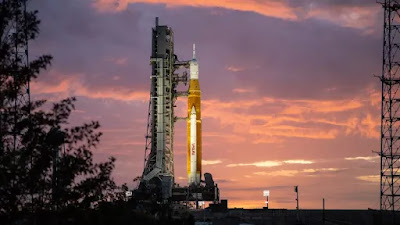Follow-up to this post
There's a page for "myth of superabundance" on Wikipedia, but it doesn't refer to the book Super Abundance. It's not even the same concept. It's a myth saying that we will never run out any resource, no matter how reckless we are in using it--resources like trees, water, animal species, minerals. Nobody should be careless in the management of earth's resources.
What the book does say is that, over the ages, resources and solutions have kept pace with growing populations - and surpassed them. Instead of famine and lack, highly increased populations have food and enough resources for an elevated living standard.
As Steven Pinker says: “People . . depend on ideas—formulas, algorithms, knowledge—which allow stuff, useless by itself, to satisfy our wants. In this lucid and illuminating book, Tupy and Pooley lucidly use this insight to explain a fact that, surprisingly, surprises people: over the centuries, our increasing knowledge has made more stuff available to us.”
As Michael Shermer says: “In a tsunami of bad news . . emerges Superabundance, a data-fueled corrective to the doom and gloom the media daily heaps upon us. Tupy and Pooley have done the world a service with this fact-filled reminder of how good our lives are compared to ages past, and how much more human flourishing is in store if we unleash human innovation.”
from Super Abundance









